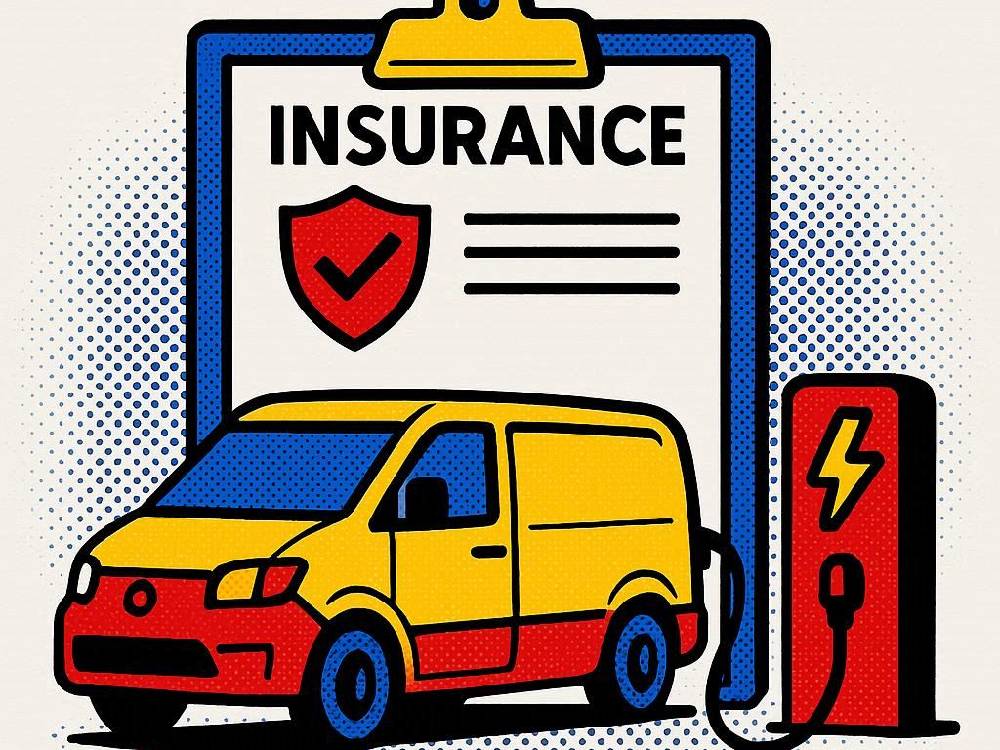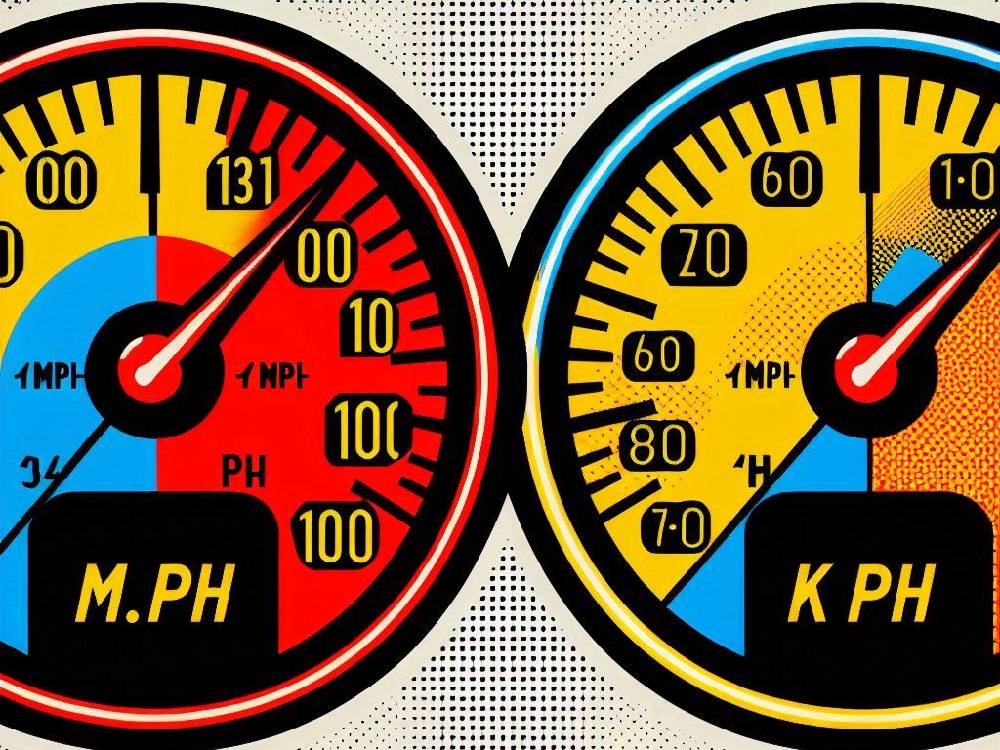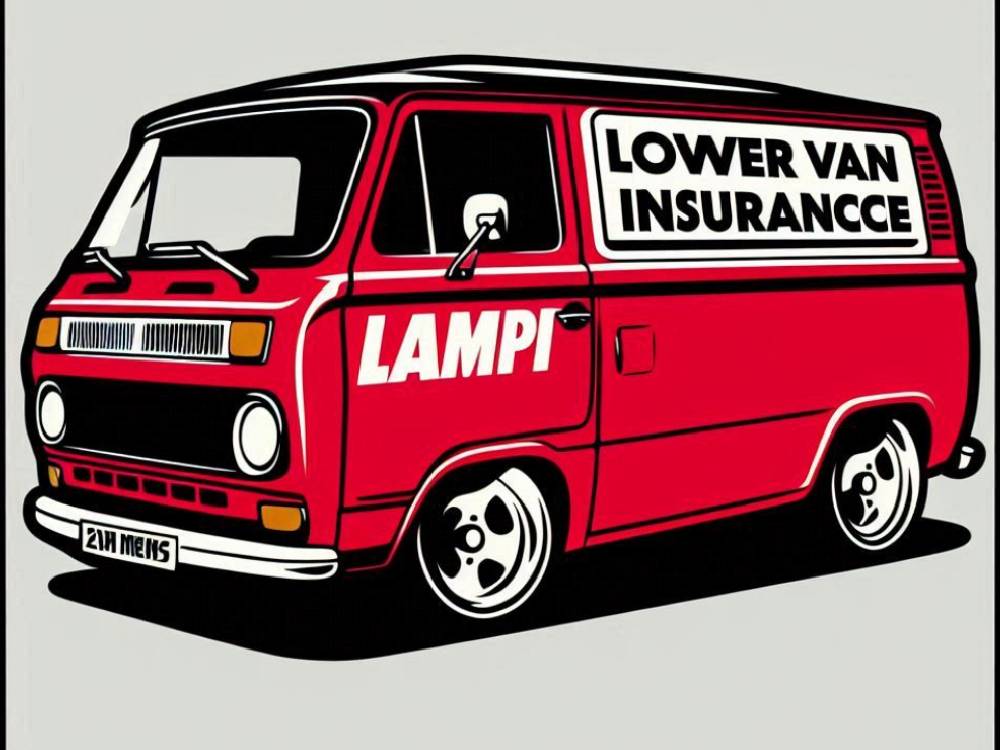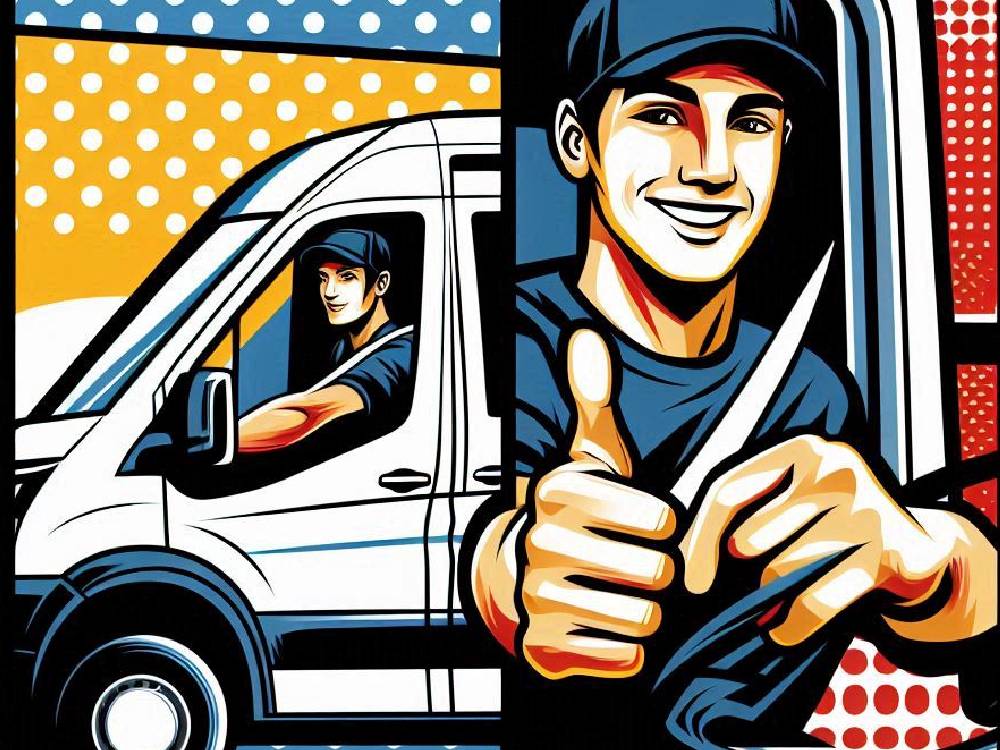Introduction
Finding the right van insurance in the UK can feel overwhelming.
You need protection for your van, your passengers, and yourself.
At the same time, premiums can spiral out of control if you’re not careful.
So, how do you balance affordability with adequate coverage?
Here’s what we’ll cover in this article:
- Why van insurance is crucial for all drivers.
- How to find cheap van insurance UK.
- Practical tips to reduce your premiums.
- Common mistakes that can cost you.
- Legal responsibilities and compliance for van drivers.
Why Van Insurance Matters
Driving a van without insurance is illegal in the UK.
Moreover, it’s not just a fine you risk—your financial security and the safety of others are also at stake.
In fact, a single mistake could result in thousands of pounds in costs or, even worse, a prison sentence.
Here’s the kicker:
Accidents can happen to anyone, at any time.
Consider the case of a van driver who fell asleep at the wheel.
He was jailed after seriously injuring a passenger and was disqualified from driving for more than three years.
The investigation revealed long hours and fatigue, yet he still drove.
Ignoring warning signs of tiredness can have devastating consequences.
And it’s not just personal safety—insurance coverage can protect against costly claims.
Different policies offer varying levels of protection.
Some cover third-party damages only, while others include fire, theft, and full comprehensive cover.
Choosing the wrong policy could leave you exposed.
That’s why it’s vital to understand your options before hitting the road.
Finding the right policy isn’t complicated if you know what to look for.
But here’s where most drivers get it wrong.
Many underestimate the importance of policy comparison and coverage details.
With the right guidance, you can secure cheap van insurance without sacrificing safety.
Learn more about checking your van insurance policy.
How To Find The Cheapest Van Insurance
First, understand the factors that affect your premiums.
Your van type, usage, and even the location you park can make a huge difference.
Young or new drivers often pay higher rates.
Claims history and past driving records also play a big role.
So, how can you actually lower your costs?
Here’s the secret you don’t want to miss:
Comparison tools are your best friend.
Brokers like cheapvaninsurance.co.uk simplify the process by finding multiple quotes in minutes.
Don’t settle for the first offer you see:
By shopping around, you can secure the cheapest van insurance for your circumstances.
Telematics policies are another way to save money.
These devices track driving behaviour, rewarding careful drivers with lower premiums.
Discover how telematics can save you money.
Even small adjustments—like parking in a secure location or limiting annual mileage—can reduce your costs.
Here’s something most drivers overlook:
Furthermore, adding security features to your van can make insurers more willing to offer discounts.
For example, from alarms to immobilisers, every precaution you take can help lower your premium.
Tips To Lower Your Van Insurance Premiums
Choosing the right van is more important than many drivers realise.
Smaller, less powerful vans typically cost less to insure.
But that’s just the beginning:
Reducing annual mileage can make a significant difference to your premium.
Insurers reward careful and low-mileage drivers with cheaper quotes.
Installing robust security systems is another smart move.
Alarms, immobilisers, and GPS trackers can all help lower your rates.
Maintaining a clean driving record is crucial.
No claims?
No problem—many insurers offer substantial discounts for claim-free drivers.
Here’s a tip that could save you hundreds:
Consider telematics or “black box” insurance if you’re a cautious driver.
Additionally, these policies track your driving habits and reward safe driving with reduced premiums.
Consequently, it’s important to check your van insurance regularly and update it for any changes in circumstances.
After all, life changes, van modifications, or adjustments in business use can all impact your policy.
Read more about top van insurance tips.
Common Mistakes To Avoid
Driving while tired is a leading cause of accidents.
Even experienced drivers often underestimate the dangers of fatigue.
Moreover, failing to wear a seatbelt or carrying extra passengers illegally can have deadly consequences.
And here’s the harsh reality:
Unfortunately, many drivers fail to declare all modifications or additional uses of their van.
As a result, this can invalidate your insurance, leaving you liable for potentially huge expenses.
Therefore, always ensure your van is used strictly according to the policy terms.
Don’t make this mistake:
Failing to compare policies before purchasing can also result in paying more than necessary.
Use brokers and comparison tools to avoid overpaying.
Learn from real van insurance cases.
Legal Responsibilities & Insurance Coverage
All vans on UK roads must, therefore, have valid insurance, road tax, and a current MOT.
Furthermore, ignoring any of these obligations is not only illegal but also highly risky.
Here’s what you need to know:
Third-party insurance covers damages to other people and their property.
Third-party, fire, and theft add protection against vehicle loss.
Fully comprehensive policies cover both your van and third-party claims.
Always ensure that all passengers are seated properly and wearing seatbelts.
Otherwise, allowing extra passengers without proper seats can lead to serious consequences.
One small oversight can cost a fortune:
Therefore, regularly review your policy to ensure that your coverage fully aligns with how you use your van.
Check proper vehicle compliance.
Conclusion
Van insurance is not optional—it’s a legal requirement and a vital safety measure.
By understanding coverage types, shopping around, and following cost-saving tips, you can secure cheap van insurance without compromising protection.
Avoid common mistakes like driving tired, carrying extra passengers, or neglecting policy updates.
Compare quotes, consider telematics, and ensure full compliance with UK laws.
For further guidance, explore related articles:










